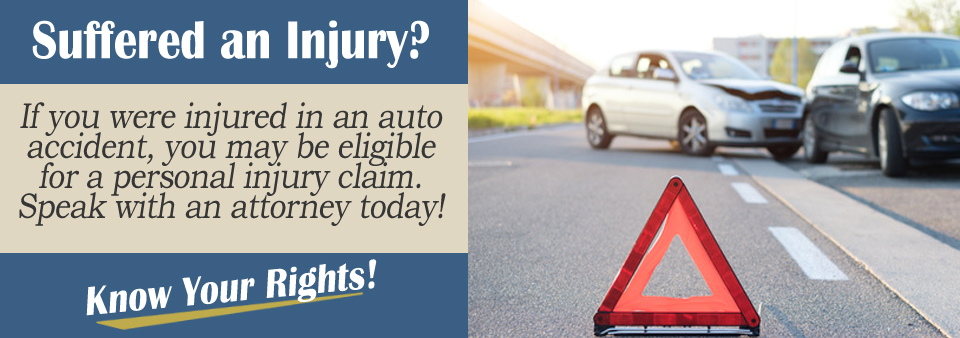Self driving cars have already been in the news because their autopilot mechanisms and driver negligence caused accidents in which people were hurt through no fault of their own.
The number of self driving cars currently on U.S. roads is of course still extremely low. The technology is still imperfect, which is why an accident is quite possible despite the low number of these cars. If you are unlucky enough to be hit by a self driving car, it is highly likely that it was not your fault.
It could be due to design faults or lack of supervision by the ‘driver.’ You are entitled to make a claim for damage to your own vehicle and any injuries caused.
Filing a Claim
You should strongly consider filing a claim if you have been involved with a self driving car and have evidence that negligence was responsible for the accident. You can claim various damages when you file a personal injury claim. The usual damages that you could claim include:
• cost of damage to your vehicle and any other property: repair or replacement, including towing the vehicle away if necessary
• cost of all medical treatment needed because you were injured;
• compensation for any lost earnings because you couldn’t return to work straight away;
• cost of estimated future medical treatment and lost earnings;
• compensation for the pain and suffering experienced;
• punitive damages in certain circumstances (excessive negligence proven).
One of the supposed benefits of a self driving car is that it is equipped with technology that detects other traffic and makes ‘intelligent’ decisions about how to respond to traffic around it. The ‘driver’ in the car relies on this technology but is ultimately responsible for overriding the self-drive function if required.
If you are hit in the back of your car by a self-driving car that has failed to judge the distance correctly, your car could be damaged and you might suffer from typical rear end accident injuries like whiplash. You would want to claim compensation for the damage to your car, lost earnings and the cost of treating the injury.
Claim Process
Because the number of self driving cars is still very low, any accident would be newsworthy and there would almost inevitably be a full investigation into why it failed and caused an accident. You would want to obtain evidence from any such investigation because it will be important when you make a claim.
Typical evidence which can shed light on what happened and that the self driving car mechanism or operator was at fault would include:
• photos of the damage to both vehicles;
• eye witness statements;
• police report;
• car repair yard damage report;
• bill for damage to property;
• bills for doctor’s visits and all other medical treatment.
Remember that you should initiate a personal injury claim as soon as your injuries allow you to do so. Eye witnesses will be easier to contact and other evidence can be obtained sooner rather than later.
Each state sets the statute of limitations for personal injury claims, beyond which you will no longer be able to make a claim. This is usually 2 or 3 years from the date of the accident.

How a Lawyer Can Help File Your Claim
A personal injury lawyer can help with initial advice and an opinion about your chances of obtaining compensation. You may have to depend on the lawyer’s contacts if there is to be any thorough investigation into the functioning of the self-driving car.